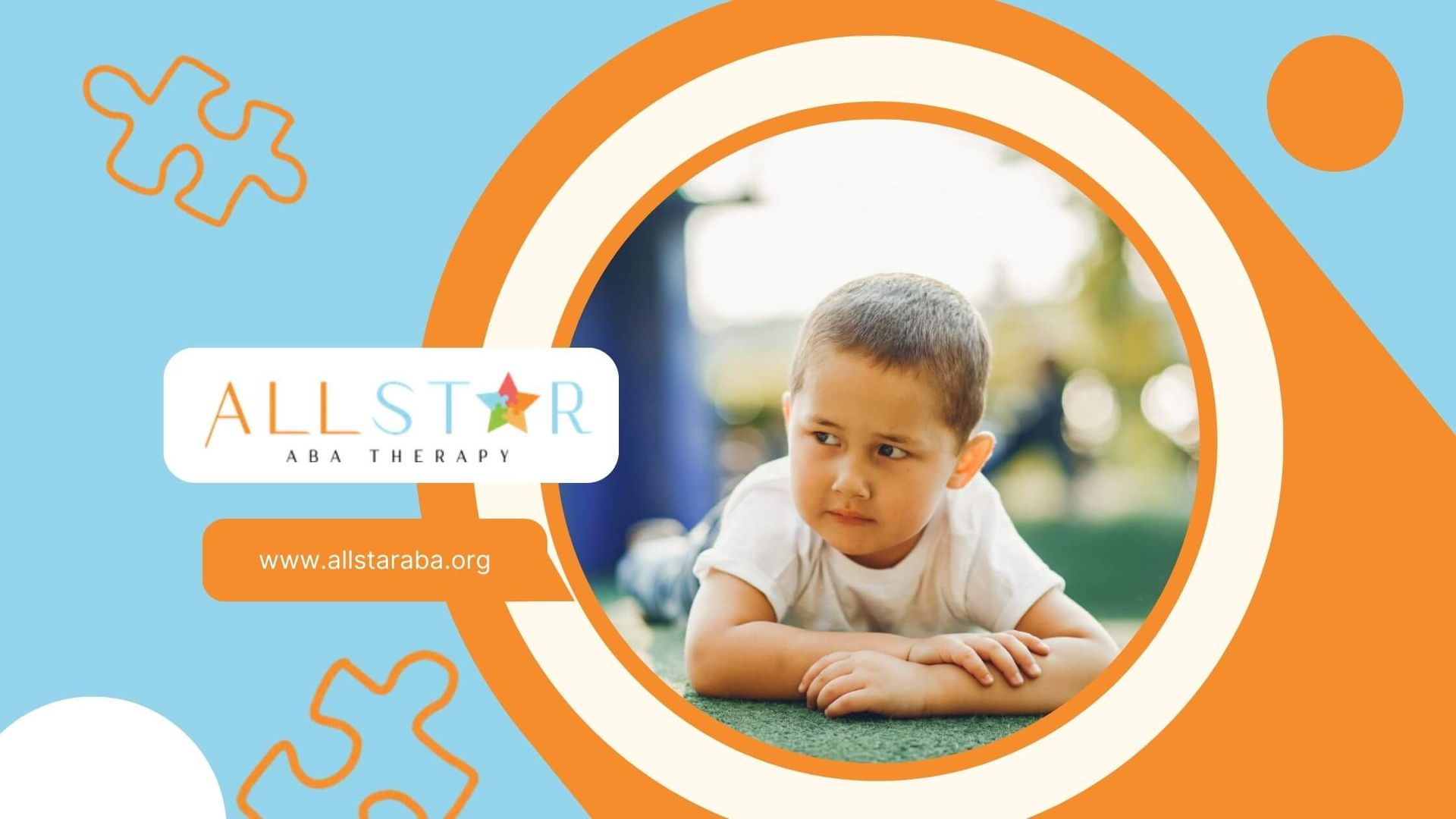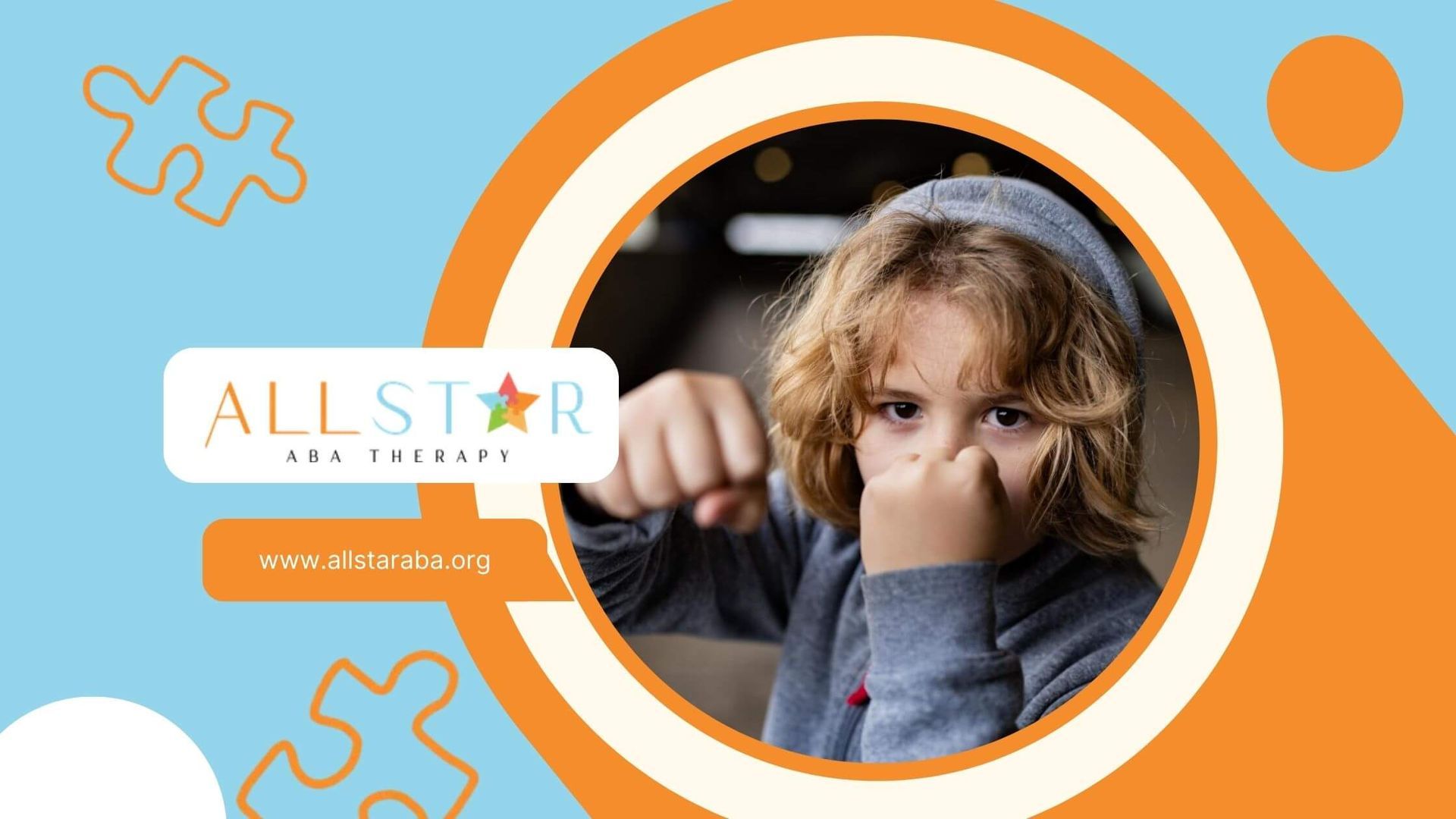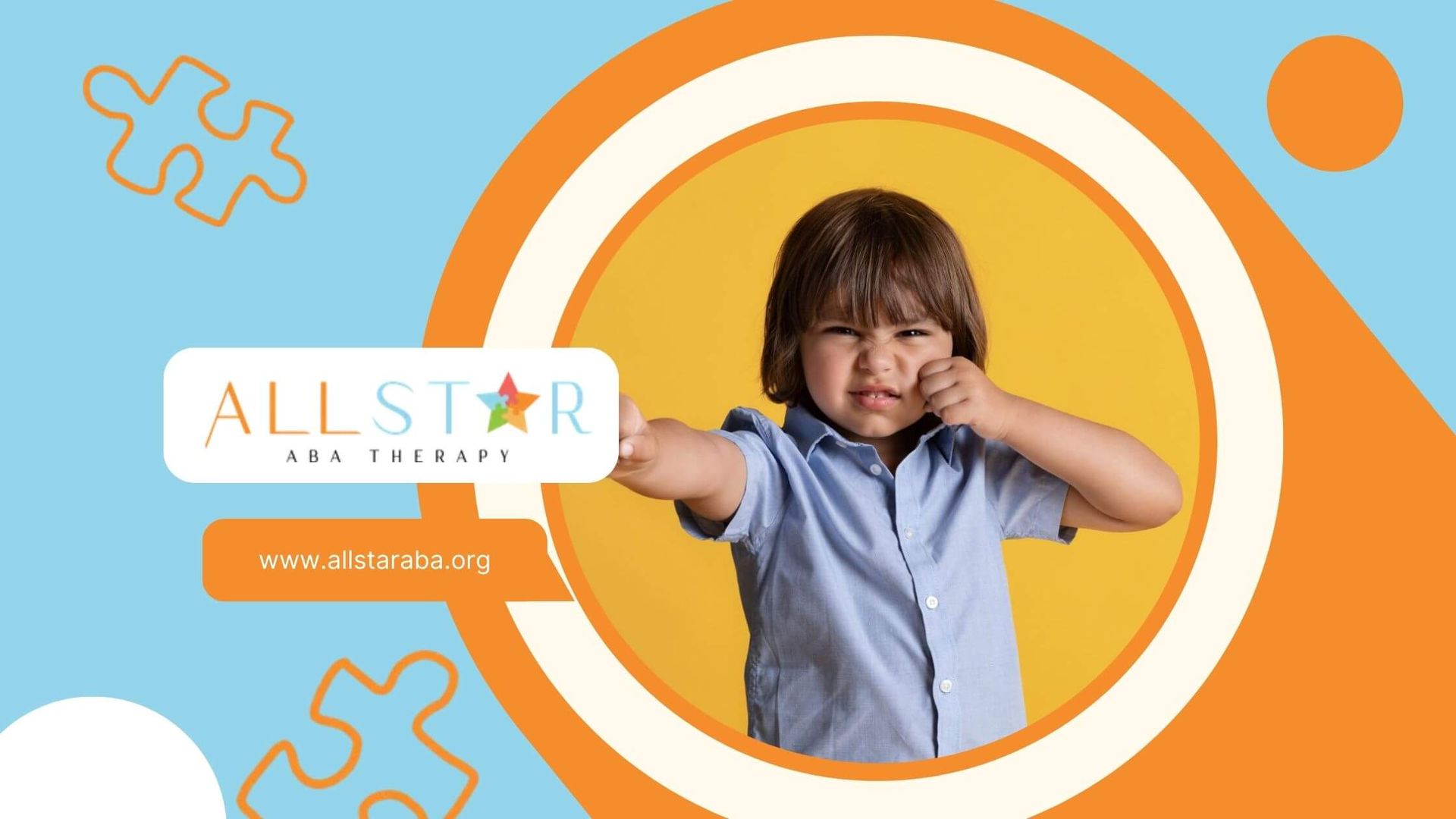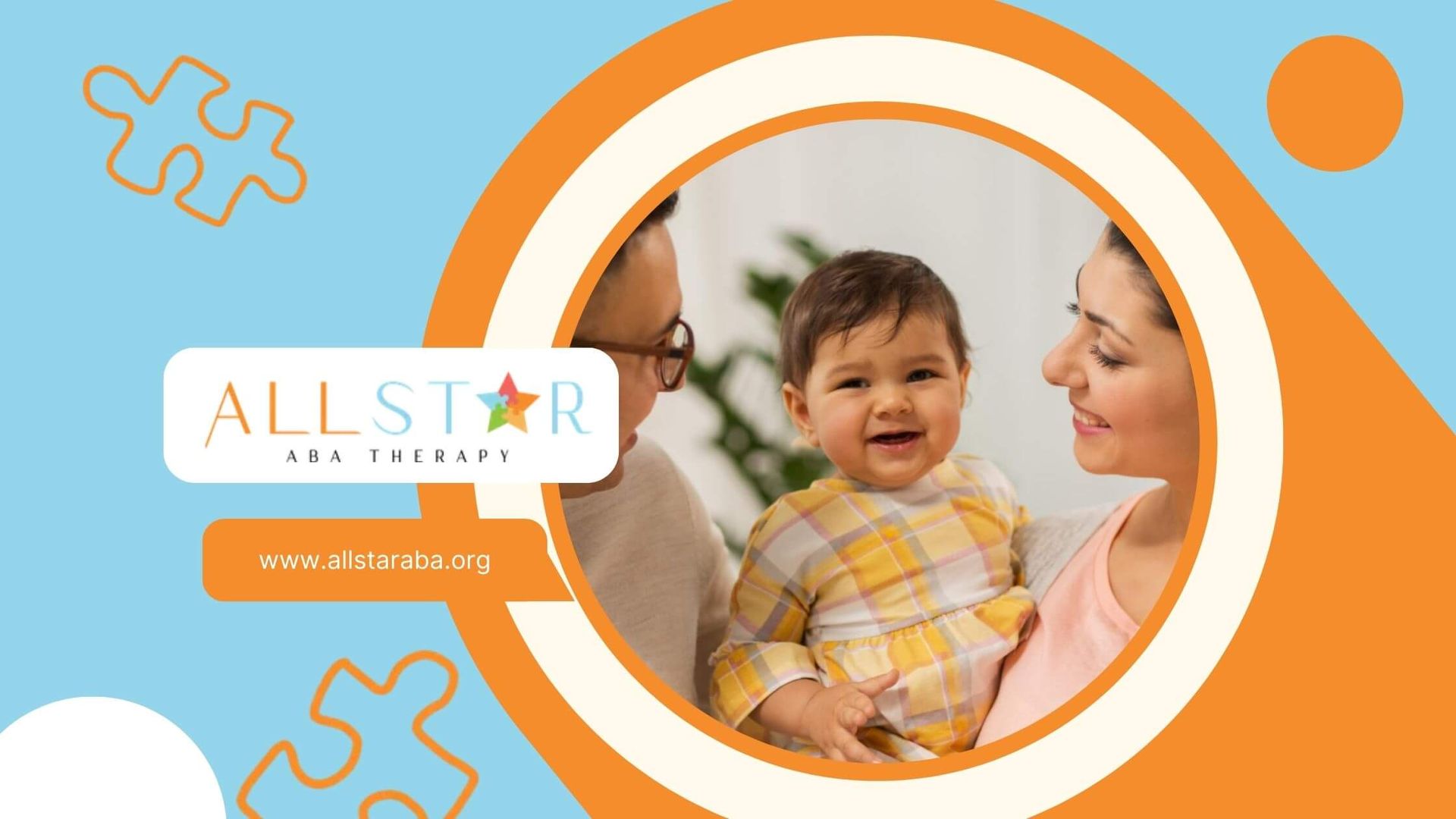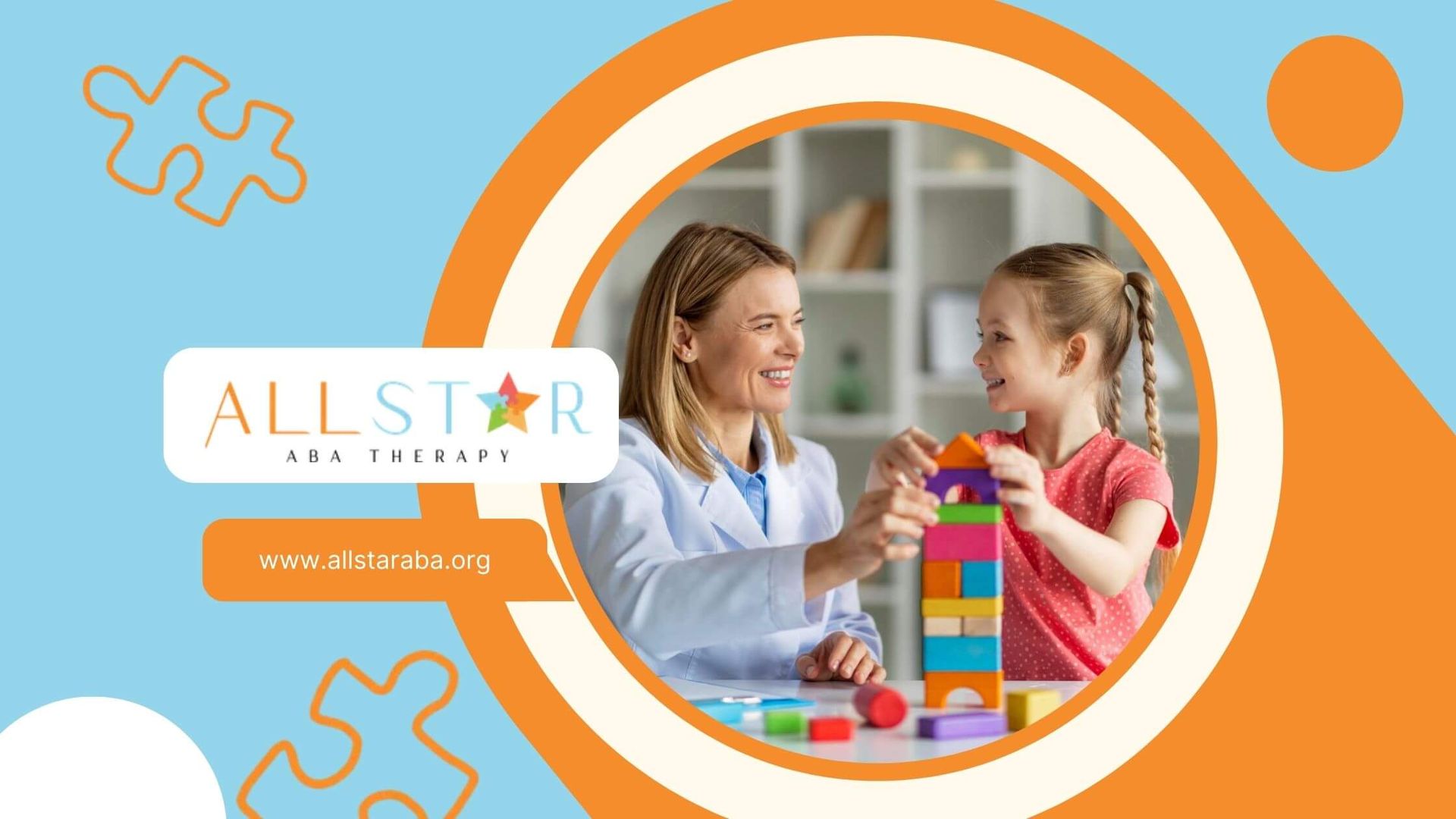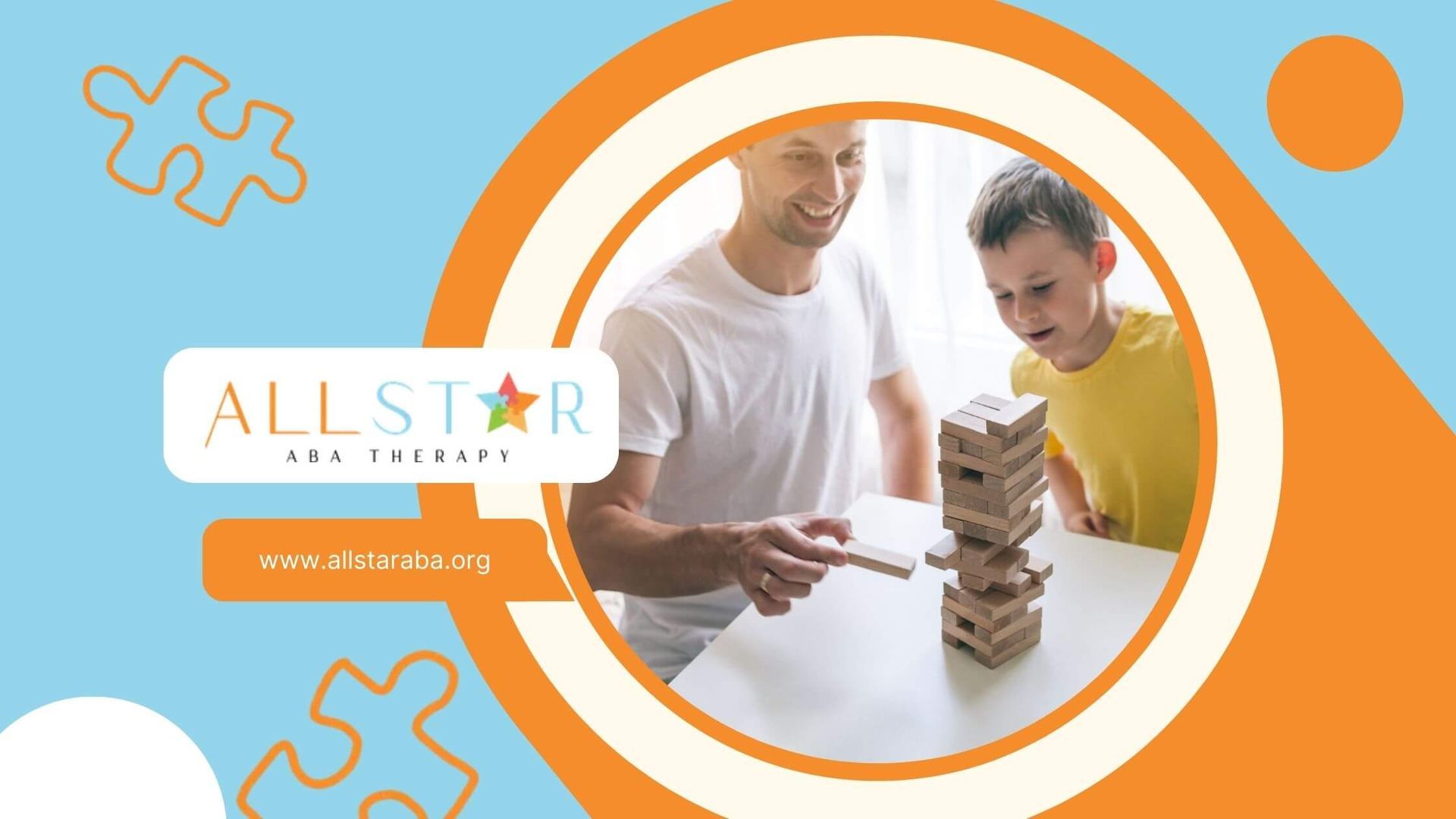New Paragraph
What Disorders Does ABA Treat? An In-Depth Overview
Applied Behavior Analysis (ABA) therapy is best known as an effective treatment for autism spectrum disorder (ASD), but its scope extends far beyond. This guide explores what disorders does ABA treat?, offering clear information on the therapy’s broad application, real-world examples, pros and cons, and how All Star ABA supports Maryland and Virginia families in achieving meaningful progress.
What Is ABA Therapy?
ABA therapy is a scientific approach that uses principles of learning theory to improve socially significant behaviors. Therapists analyze behaviors, their antecedents, and consequences to teach new skills, reduce problem behaviors, and promote independence. The therapy relies heavily on positive reinforcement and individualized treatment plans tailored to each person’s strengths and needs.
ABA therapy examples include teaching communication, daily living skills, social skills, and coping mechanisms. It’s a data-driven process often used intensively to produce measurable improvements.
Primary Disorders Treated with ABA Therapy
1. Autism Spectrum Disorder (ASD)
ABA therapy is most widely recognized for treating autism. It helps children and adults improve communication, social interaction, adaptive living skills, and reduce challenging behaviors. Research shows that early, intensive ABA therapy significantly improves outcomes for children with autism.
2. Intellectual and Developmental Disabilities
Beyond autism, ABA benefits those with intellectual disabilities and developmental delays by teaching essential life skills and helping reduce maladaptive behaviors that may interfere with learning and participation in daily activities.
3. Behavioral Disorders
ABA techniques address behaviors such as aggression, self-injury, and tantrums. It’s useful for behavioral challenges linked to ADHD, oppositional defiant disorder (ODD), and conduct disorder.
4. Anxiety and Obsessive-Compulsive Disorders (OCD)
ABA strategies help individuals manage anxiety symptoms by teaching coping skills, reducing avoidance, and addressing compulsive behaviors through exposure and response prevention techniques.
5. Eating Disorders and Feeding Issues
ABA is effective in treating pediatric feeding disorders by increasing acceptance of new foods and addressing mealtime behaviors in children with sensory sensitivities.
6. Traumatic Brain Injury and Dementia Support
ABA can assist in rehabilitation by improving cognitive, communication, and daily living skills after a brain injury. It also supports dementia patients by promoting functional behaviors and reducing agitation.
ABA Therapy Examples in Practice
- Teaching a child with autism to request items using verbal or picture-based communication.
- Helping a teenager with ADHD develop organizational and time management skills.
- Supporting an adult recovering from brain trauma to relearn daily tasks like dressing and cooking.
- Using exposure techniques to reduce phobic avoidance in anxiety disorders.
ABA Therapy Pros and Cons
Pros
- Proven effectiveness backed by extensive research.
- Highly individualized and adaptable to various needs.
- Data-driven with regular progress monitoring.
- Empowers families through parent training.
Cons
- Requires significant time commitment, often 20-40 hours per week.
- Can be costly without insurance coverage.
- Results develop gradually and need consistent implementation.
How All Star ABA Can Help Families in Maryland and Virginia
At All Star ABA, our compassionate and expert team specializes in delivering evidence-based ABA therapy tailored to your loved one’s needs. What sets us apart:
- Personalized Programs: Each client receives a treatment plan addressing their specific goals and challenges, ensuring targeted progress.
- Comprehensive Services: We support a wide range of disorders, not limited to autism, but including behavioral and developmental challenges.
- Family-Centered Care: We train and involve family members to sustain gains across environments and everyday life.
- Experienced Clinicians: Our board-certified behavior analysts (BCBAs) and registered behavior technicians (RBTs) use data-driven approaches with empathy and professionalism.
- Accessibility: Serving Maryland and Virginia families with flexible scheduling, including in-home and clinic options.
Discover the transformative potential of ABA therapy with All Star ABA—where commitment meets care to create real-life success.
Conclusion: Take the First Step with All Star ABA
ABA therapy’s scope reaches far beyond autism, treating a variety of developmental, behavioral, and neurological disorders. Understanding what disorders does ABA treat? can open doors to meaningful interventions and improved quality of life.
If your family is navigating behavioral or developmental challenges, trust All Star ABA to deliver personalized and expert care tailored for Maryland and Virginia communities. Contact us today to schedule a visit and start the journey toward progress and independence.
Frequently Asked Questions (FAQs)
Is autism a mental illness or disorder?
Autism is classified as a neurodevelopmental disorder, not a mental illness. It affects the brain’s early development, influencing communication and behavior.
Can parents do ABA at home?
Yes, parents often play a critical role in ABA by applying learned strategies at home, especially when trained and supported by therapists.
What are the barriers to treatment in ABA?
Common barriers include cost, time commitment, limited access to qualified providers, and insurance coverage challenges.
At what age is ABA most effective?
ABA is most effective when started early, typically in preschool years, but it can benefit individuals of all ages.
What is better than ABA therapy?
ABA therapy is the gold standard for treating autism and related disorders, but other therapies like occupational therapy or speech therapy may be used in conjunction to meet comprehensive needs.
Sources:
- https://www.autismspeaks.org/applied-behavior-analysis
- https://www.bacb.com/about-behavior-analysis/treatment-of-autism-and-other-developmental-disabilities/
- https://www.medicalnewstoday.com/articles/is-aba-therapy-harmful
- https://www.chop.edu/health-resources/applied-behavior-analysis-aba-children-autism
- http://www.webmd.com/mental-health/what-is-applied-behavior-analysis
- https://pmc.ncbi.nlm.nih.gov/articles/PMC9458805/
Need Support?
We're Here to Help!
Our experienced team is ready to assist you. Reach out today to discuss how we can support your child's development and well-being.
Get started with expert ABA therapy today.



